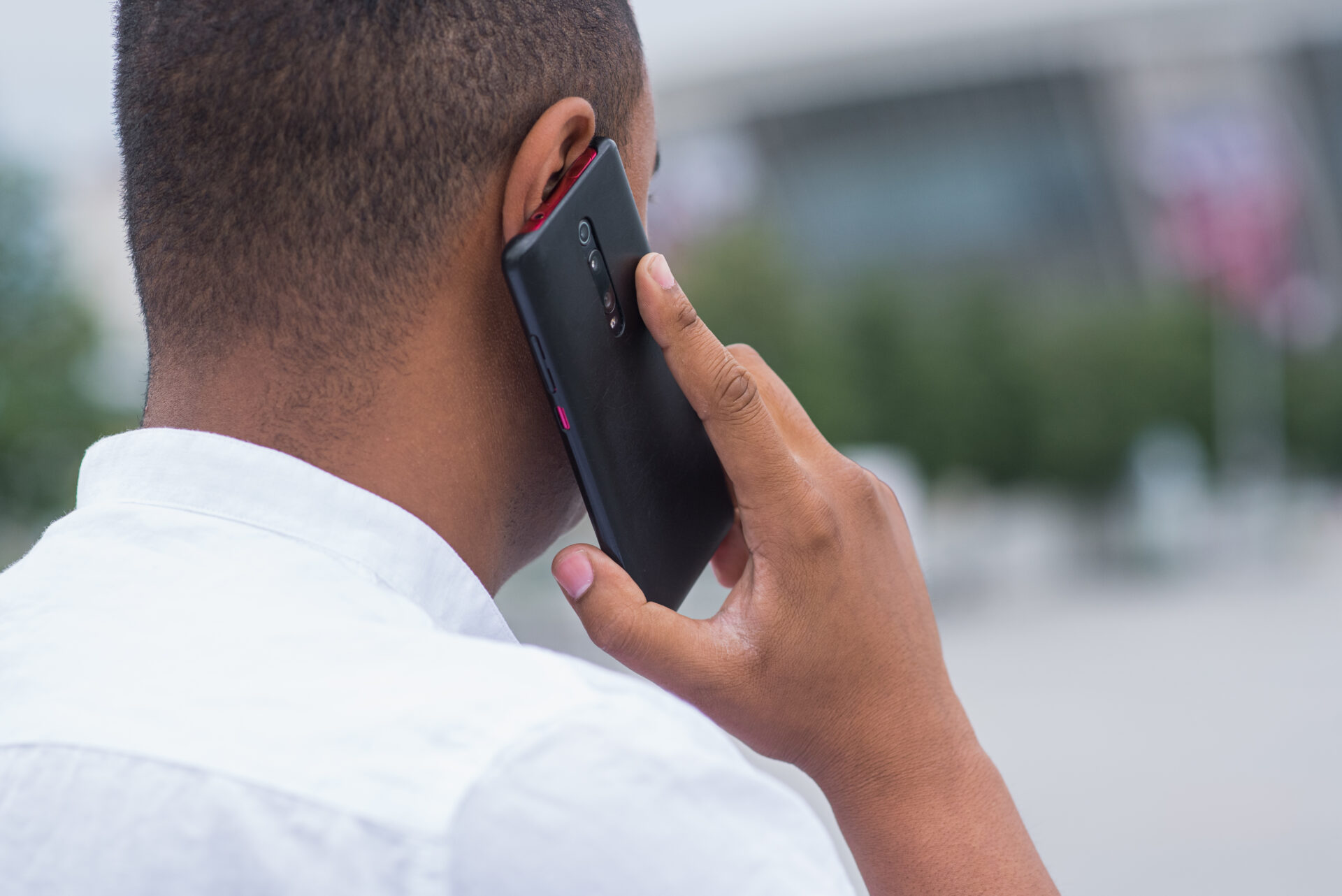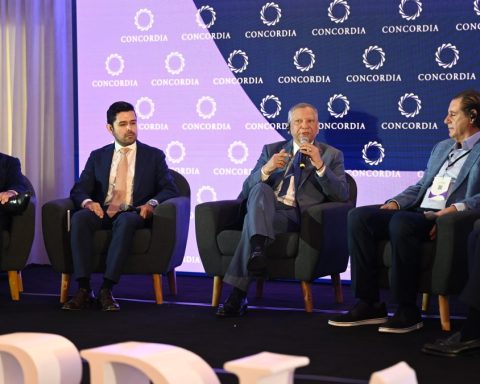81% of millennials —those born in the 1980s and 1990s—feel anxiety before speaking for phonea phenomenon called telephonephobia and that generates that, for example, they have to prepare before making a call.
This is recognized by more than 4 out of 5 participants in the BankMyCell survey for the Generation mute, millennials phone call statistics study.
According to the results of this analysis, this feeling is due to the fact that during a phone call the person may feel vulnerable by having less time to transmit your response. Although they also cite other reasons, such as that the calls take up too much time (75%) or that they receive calls from a person with complaints (64%).
In addition, 55% say they do not answer if they are in any event and 46% avoid answering the phone if they think there is going to be a discussion. In last place are those young people who avoid doing it if they are at work (37%).
According to experts, the rejection of calls deepened in subsequent generations. In this sense, the CEO of Qustodio, Eduardo Cruz, explained to Europe Press that for minors “it is unnatural to bring the mobile to the ear to make a phone call. They grew up typing continuously in a context of social networks and it can become uncomfortable for them to speak simultaneously with a person on the phone ”, she remarked.
Following this line, Cruz indicated that it is much more common for minors to choose to send voice audios to call by phone, as long as it is not an urgent situation.
As for the calls that millennials do agree to have, it depends on who is on the other end. Calls from romantic partners are the least ignored (11%), bosses are the second least ignored (14%), and coworkers are the third least ignored (21%). Curiously, family and friends are the most ignored, with 25% and 29%, respectively.
Another aspect to take into account is the privacy. Millennials admit to feeling a lot more privacy when chatting over messages than over a phone call. As BankMyCell reflects, young people explain that they can send messages in a room and no one will know what they are saying. However, on the phone, they have to relocate to prevent people from “eavesdropping.”
The refusal to talk on the phone is more common than it seems, since there are many people in whom, when carrying out this action, emotions such as shame or anger appear. fearfeelings that can become incapacitating.
It is that calling by phone produces anxiety in young people because it prevents them from preparing a message as they would like. This is, the experts point out, a consequence of the so-called asynchronous communication fostered by the screens with which they grew up: the one in which the message and the response take place at different times, that is, it is produced on a delayed basis.
In contrast to this, synchronous, live communication makes them feel vulnerable since they do not control in the same way the impression they are going to give or what they are going to say. In short, they cannot erase the message and polish it as a slogan. Like Photoshop to our image, asynchrony filters our emotions.
The generalization of text messages and social networks radically changed the way we communicate and interpersonal relationships, and there is some concern about how these new habits are affecting the ability to converse and face-to-face relationships. And those who are attacked the most for replacing face-to-face chats with online conversations are young people.
MIT psychologist Sherry Turkle, who has spent three decades studying how we adapt to advances in technology and how they influence our relationships, says in her latest book, Reclaiming Conversation: the power of talk in a digital age. the power of speech in the digital age), that it is sometimes forgotten that there is a new generation that grew up not knowing what a non-stop conversation is.
For the expert, “with so much digital conversation, spontaneous communication is being lost and empathy is being put at risk.”
By: infobae

















